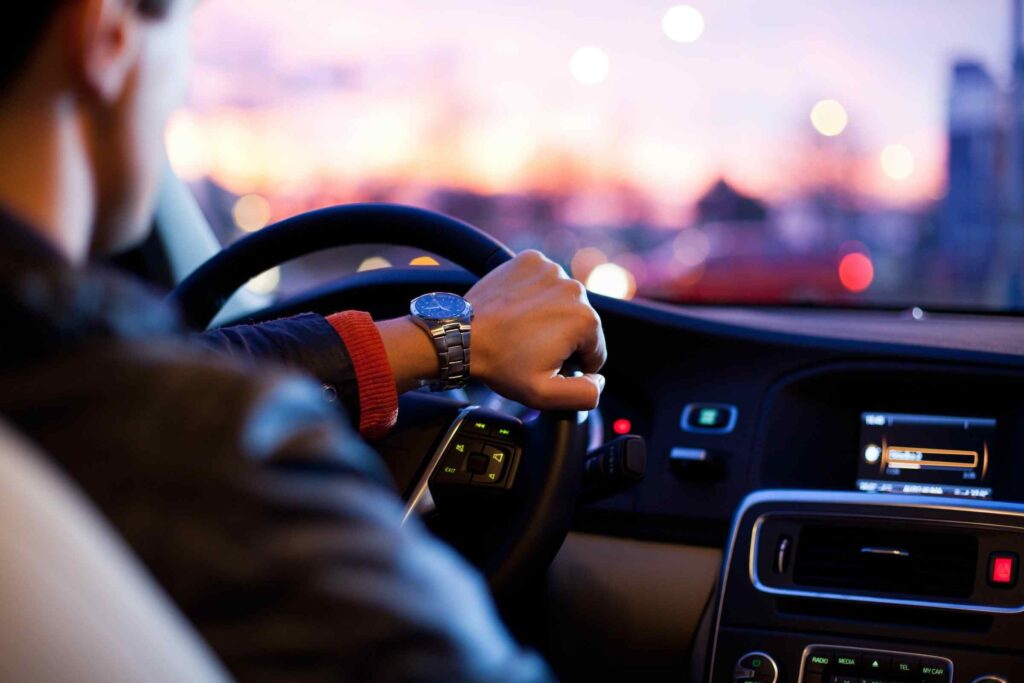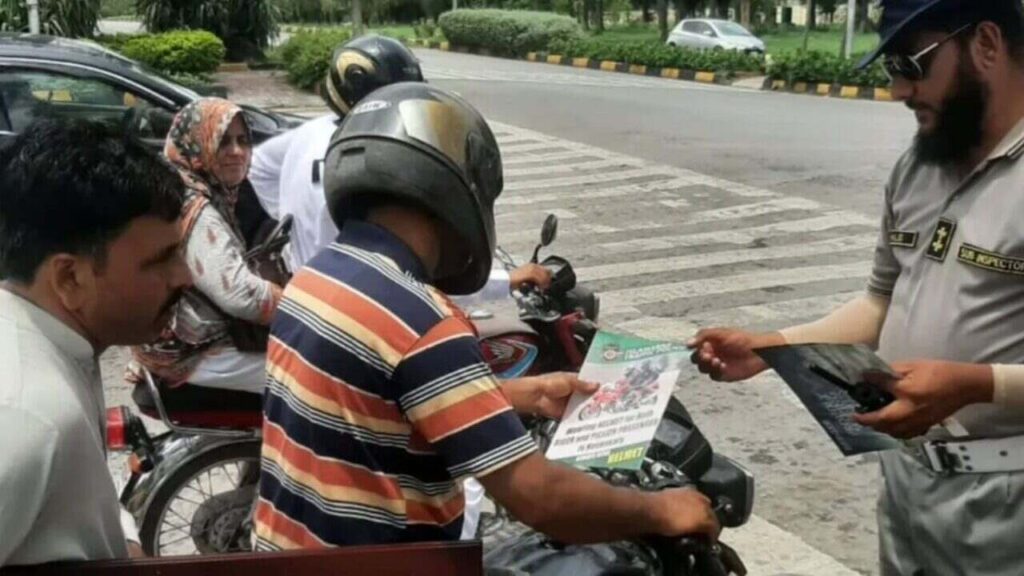Road accidents happen every day in Pakistan. They cause loss of life and injury. Many families suffer because of them. Safe driving skills can change this. They help prevent crashes and save lives. In Pakistan, roads are busy. Cities like Karachi and Lahore see heavy traffic. Rural areas have their own risks. Learning safe driving skills is key for everyone who drives.
Think about the numbers. In 2021, about 28,000 people died in road crashes in Pakistan. That makes up 2.2% of all deaths. By 2025, things have not improved much. In Karachi alone, 536 traffic deaths happened in 2025. Punjab saw a 29% rise in crashes in January 2025. These facts show the problem is big.
Why are safe driving skills vital? They reduce risks. Drivers who know how to handle traffic stay safe. They protect others too. In Pakistan, many use motorcycles. Cars and trucks mix on roads. Bad weather adds danger. Safe skills help in all cases.
This post looks at why safe driving matters. It covers stats, causes, tips, and more. All focused on Pakistan. You will get practical advice. Read on to learn how to drive better.
Safe driving is not just a skill. It is a habit. Start today. It can save your life.
Road Accident Statistics in Pakistan
Pakistan faces a high number of road accidents. Data shows the issue is serious. From 2012 to 2021, trends stayed bad. In 2021, 10,379 crashes were reported. Many more go unreported.
In 2024 and 2025, numbers rose. Karachi had over 370 deaths by May 2025. By February, it reached 92. In all of 2024, Karachi saw 771 deaths from 9,000 accidents.
Punjab reports high rates too. Crashes increased by 29% in early 2025. National data shows 67 deaths per 100,000 people. This puts Pakistan among the worst in the world.
Motorways see accidents as well. From 2012 to 2021, careless driving caused many. Injuries are common. Over 5,500 hurt in Karachi in 2025 so far.
These stats affect the economy. Medical costs rise. Families lose earners. Safe driving skills can cut these numbers. Better habits mean fewer crashes.
Road safety data helps plan fixes. The government tracks monthly accidents. But more action is needed. Drivers must learn safe skills to help.
Common Causes of Road Accidents in Pakistan
Many factors lead to accidents in Pakistan. Knowing them helps avoid risks. One big cause is distracted driving. Phones take attention away.
Over speeding is common. Drivers go too fast on busy roads. This causes crashes. Poor road conditions make it worse. Potholes and bad surfaces lead to loss of control.
Reckless driving happens often. People change lanes without signals. Running red lights is another issue. It puts everyone at risk.
Inadequate traffic safety products play a role. Missing signs or barriers cause confusion.
Motorcycles are involved in 87% of crashes. Riders cross carelessly. Wet roads after rain add danger.
Untrained drivers lack skills. Many ignore rules. Cell phone use while driving is widespread.
Congestion in cities like Lahore worsens things. Frustration leads to bad choices.
Careless driving on motorways is 23% of causes. Dozing at the wheel is 21%. Tyre bursts happen too.
These causes show safe driving skills are vital. Learn to spot risks. Drive with care.
The Impact of Safe Driving Skills
Safe driving skills save lives. They lower accident rates. In Pakistan, this means fewer deaths.
Families stay together. No one loses a loved one to a crash. Injuries drop too. Less pain and hospital visits.
Economy benefits. Crashes cost money. Repairs, medical bills, lost work. Safe skills cut these costs.
Traffic flows better. Skilled drivers follow rules. Less chaos on roads.
Environment improves. Fewer accidents mean less waste from wrecks.
Personal confidence grows. Good drivers feel secure. They handle tough situations.
In Pakistan, safe skills help in crowds. They manage mixed traffic. Bikes, cars, trucks all share space.
Communities get safer. When many drive well, everyone wins.
Safe driving is a choice. It has big effects. Start building skills now.
Key Safe Driving Skills for Pakistani Roads
Driving in Pakistan needs specific skills. Roads vary from highways to narrow streets. Here are tips to stay safe.
First, avoid drunk driving. It clouds judgment. Stay sober always.
Do not speed. Follow limits. On highways, stick to posted speeds.
Avoid distractions. No phones while driving. Focus on the road.
Wear seat belts. It saves lives in crashes.
Be careful in bad weather. Rain makes roads slippery. Slow down.
Do not follow too close. Keep space from the car ahead.
Use indicators. Signal before turns.
Avoid overloading. It makes control hard.
Adjust mirrors. See around you.
On motorways, choose the right lane. Do not race buses.
In northern areas, drive slow on steep roads. Check brakes first.
Overtake from the right. Be patient.
These skills fit Pakistan’s roads. Practice them daily. They make driving safer.
For city traffic, stay calm. Congestion is normal. Plan extra time.
In rural spots, watch for animals. They cross suddenly.
Safe driving skills build over time. Take lessons if needed.
Motorcycle Safety in Pakistan
Motorcycles are popular in Pakistan. They are cheap and easy to use. But safety is a big concern.
Many riders skip helmets. Only 16.7% use them. Helmets protect heads in falls.
Wear gear. Gloves, jackets, knee pads help.
Over speeding is common among young riders. It leads to crashes.
In Karachi, 45% of crashes involve bikes.
Rules are not strict. Fines are low, so people ignore safety.
Yamaha runs training for riders.
Law says wear helmets. But no standard for quality.
Young riders 20-24 are in 56% of crashes.
Safe skills for bikes: Keep distance. Use lights at night.
Avoid one-wheeling. It is dangerous.
Motorcycle safety saves lives. Gear up and drive smart.
Weather and Driving Challenges in Pakistan
Weather affects driving in Pakistan. Rain, heat, fog change roads.
Rain increases crashes by 0.255% per 1% rise. Wet roads are slippery.
Heat makes tyres burst. It affects vehicle parts. Crashes rise by 3.628% with temperature up.
Fog reduces visibility. It causes pile-ups.
Monsoons bring floods. Roads get damaged.
Cold weather in north makes ice. Slippery surfaces.
Rainfall, cold, fog link to more accidents.
Adverse weather like rain raises severity.
Safe skills: Slow in rain. Use wipers.
In heat, check tyres often.
Fog: Use low beams.
Weather prep is key. Check forecasts before trips.
Traffic Laws and Regulations in Pakistan
Pakistan has clear traffic laws. Follow them for safety.
Drive on left side. Overtake from right.
Need a license. No driving without it.
Age limit: 18 for cars.
Vehicles must be registered. Show plates.
Seat belts required.
No DUI. Alcohol limit is zero.
Speed limits vary. Highways: 120 km/h.
Follow signs and signals.
Motor Vehicle Ordinance 1965 sets rules.
Many drivers lack knowledge.
Know laws to drive safe. It avoids fines.
Government Initiatives and Education for Road Safety
Government works on road safety. National Road Safety Strategy 2018-2030 aims to save 6,000 lives.
Action Plan 2020-2024 supports it.
Road Safety Bill 2022 sets framework.
Education is part. Schools teach road rules.
Pakistan Red Crescent promotes safety.
Online programs like Route 2 School help youth.
Parents and teachers support education.
More campaigns needed. Public pays for improvements.
Initiatives build safe habits. Join them.
How to Improve Your Driving Skills
Want better safe driving skills? Practice often.
Take lessons from pros.
Watch online videos on tips.
Join safety workshops.
Drive with a mentor.
Test yourself in different conditions.
Read highway code.
Keep vehicle in good shape.
Track your progress.
Improvement takes time. Stay committed.
For more information visit Traffic signs test.
Conclusion
Safe driving skills are vital in Pakistan. They cut accidents and save lives. Stats show the need. Causes like speeding can be fixed with skills.
Use tips shared here. Follow laws. Watch weather.
Government helps, but you must act.
Drive safe. Protect yourself and others. It makes roads better for all.


